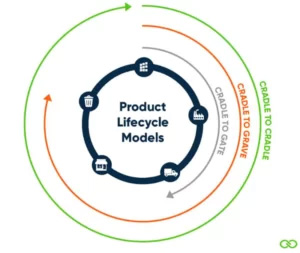We are commonly questioned as to why we take such an interest into the background of each person booked onto our courses.
The simple Answer – Andragogy!
The reason is that with this information we can customise the teaching plan to the course attendee depending on their life experiences, problems they have identified or knowledge gaps.
|
Click Here for a selection of Testimonials from previous Course Attendees |
While Pedagogical learning is ideal for helping kids learn, the art and science of helping adults learn is best executed through Andragogical learning.
What are “pedagogy” and “andragogy”?
The terms “andragogy” and “pedagogy” are both of Greek origin. The Greek word for Man is “andras” and the Greek word for Child is “paidi”. These are then joined with the Greek word for the verb Guide which is “ago”, Thus:
Pedagogy = paidi (child) + ago (guide)
Andragogy = andras (man) + ago (guide)
What is the difference between Pedagogical and Andragogical learning?
Pedagogical learning
- Dependent on the teacher. Teacher is the one who evaluates progress and assumes full responsibility for what is taught and its efficacy
- Learner comes to the table with little life experience. Child-like learning comes with a blank slate and the educator is one of the most influential figures, as peers likely have the same lack of experience
- Learner advances once they have completed the necessary steps. Child learners are told what they need to do to master a topic in order to move onto the next one
- Learning is prescribed by an instructor and sequenced in a way that makes logical sense. Topics are broken down into content units.
- Learners are motivated by external sources, such as parents and teachers. The topic is completed by a pass or fail grade.
Andragogical learning
- Depending on self. The method requires self-evaluation and direction and self takes responsibility for the process
- Learner uses life experience as a foundation. Instructors build on existing knowledge and require an understanding of diverse backgrounds. Adults learn from the instructor, but also from one another
- Learning is triggered by any number of life experiences and not necessarily led by a designated instructor. Learners don’t advance to another topic, but rather fill knowledge gaps as needed.
- Learning is prescribed by self. Learners see a problem or knowledge gap and organize topics around life/work solutions.
- Learners are motivated by intrinsic means: self-esteem, quality of life, problem-solving, and the quest for recognition. Topics are completed by mastery.
Carbon Action is a leading provider of Certified Carbon Footprinting and Climate Change Training Courses worldwide.
All Carbon Action ISO courses are developed and accredited by the world-renowned Canadian Standards Association (CSA).
Click here to see our upcoming course schedule





